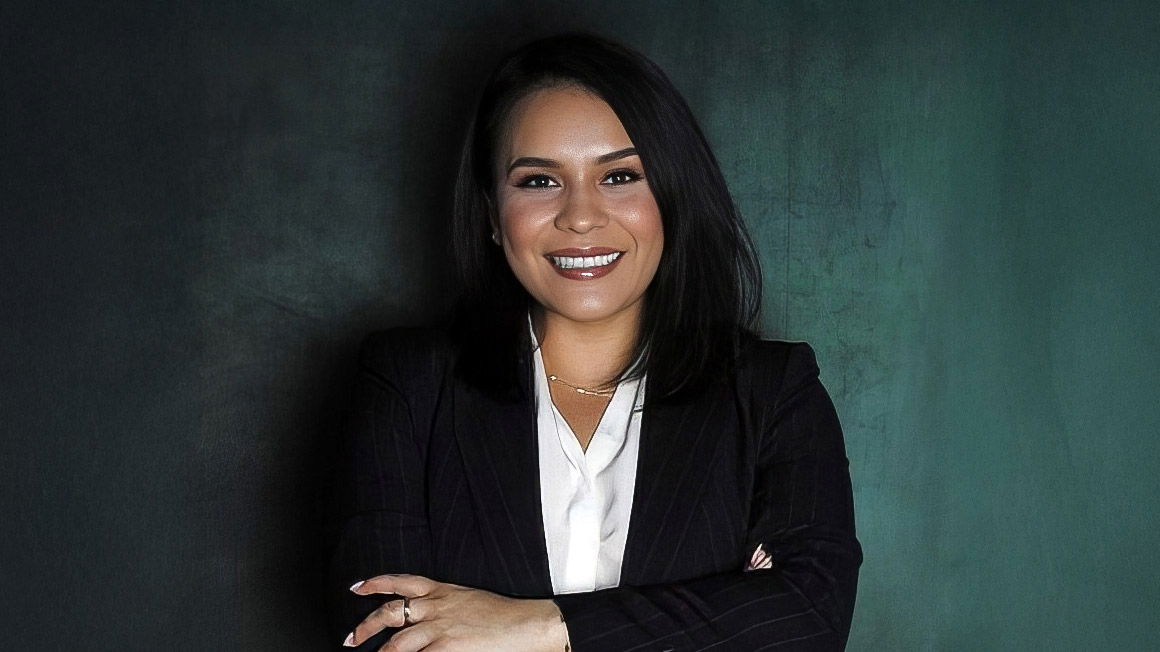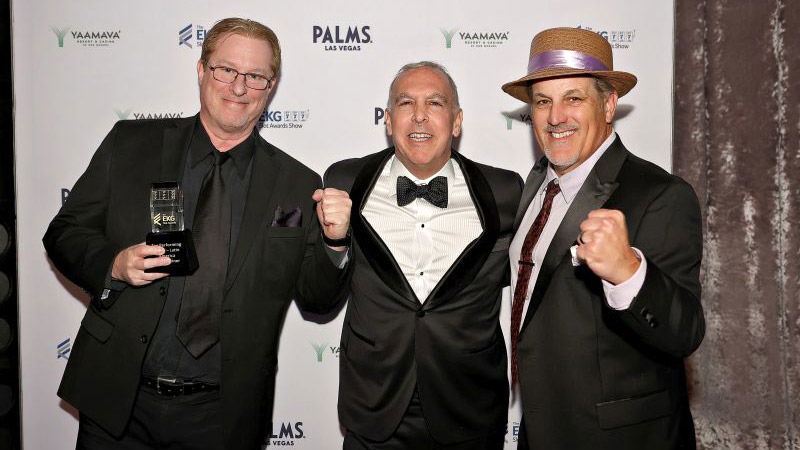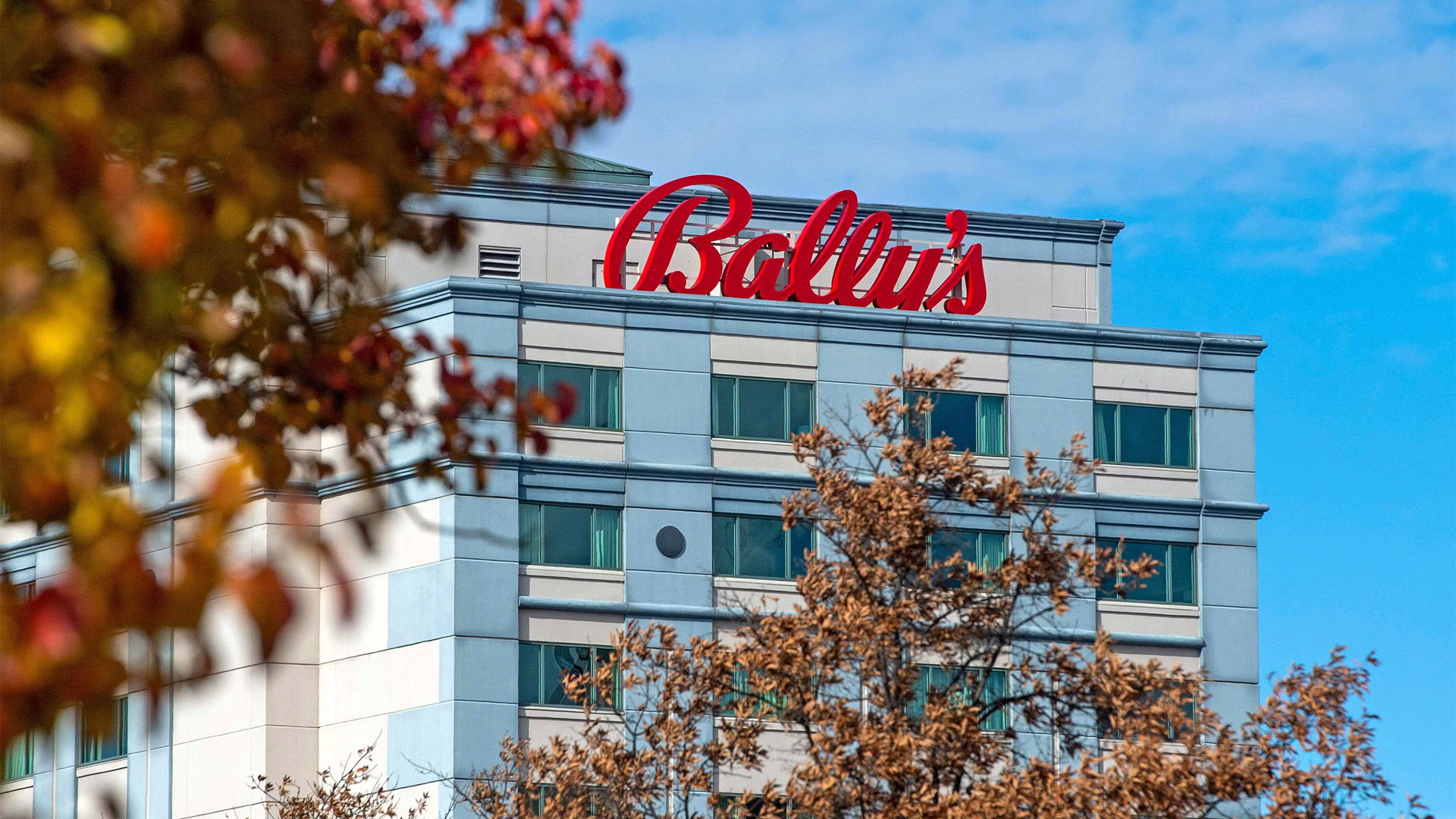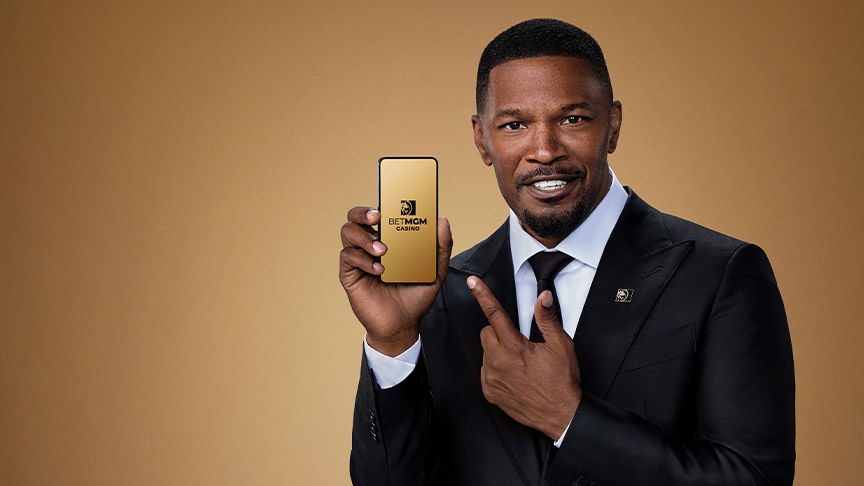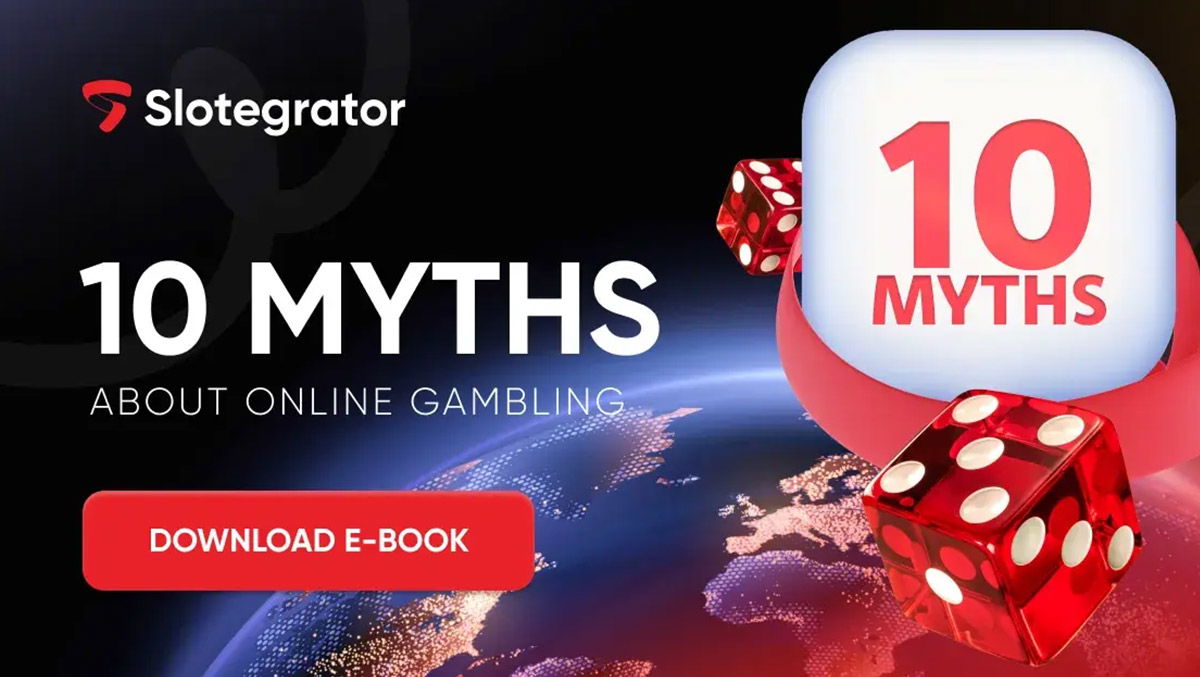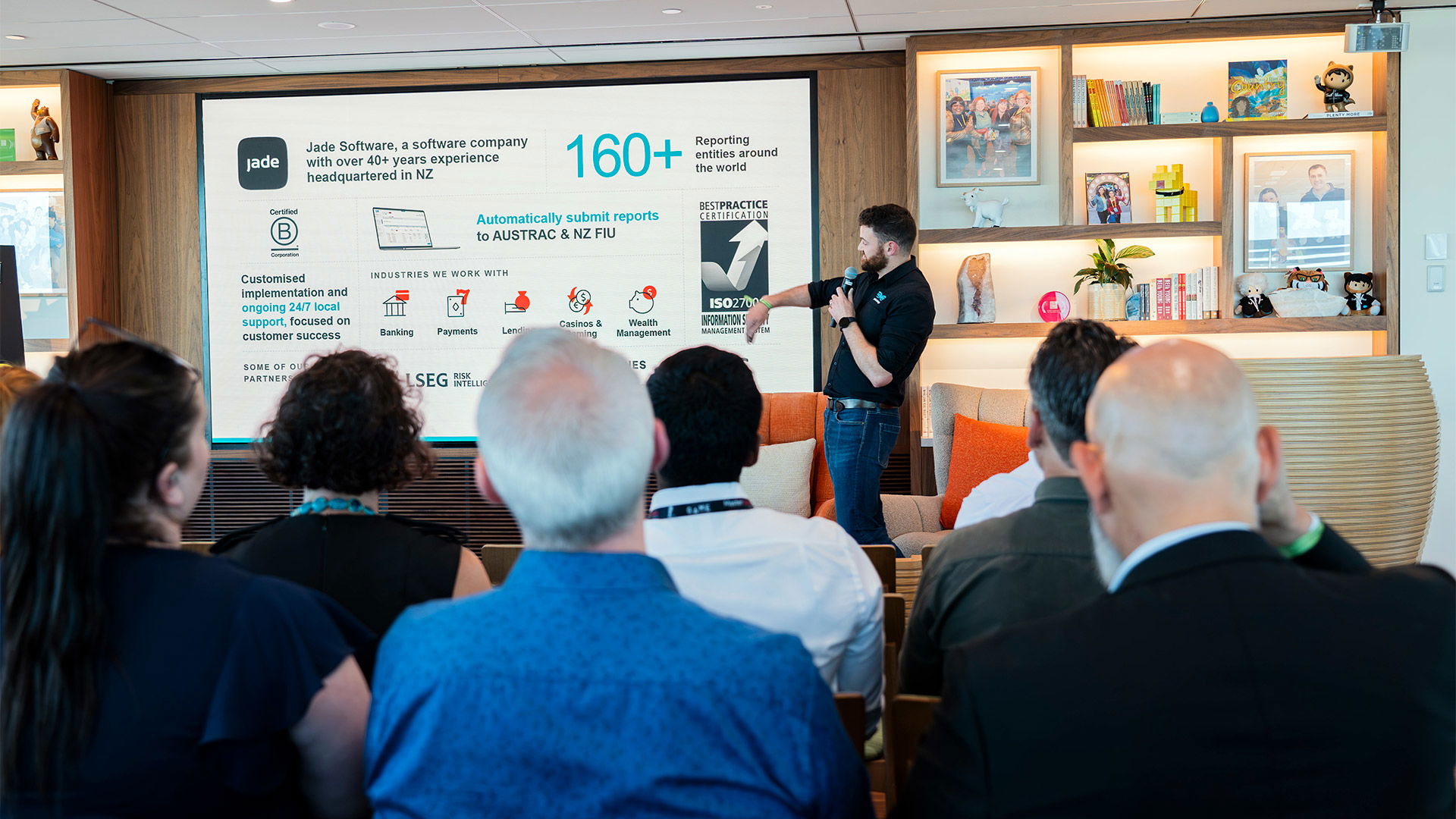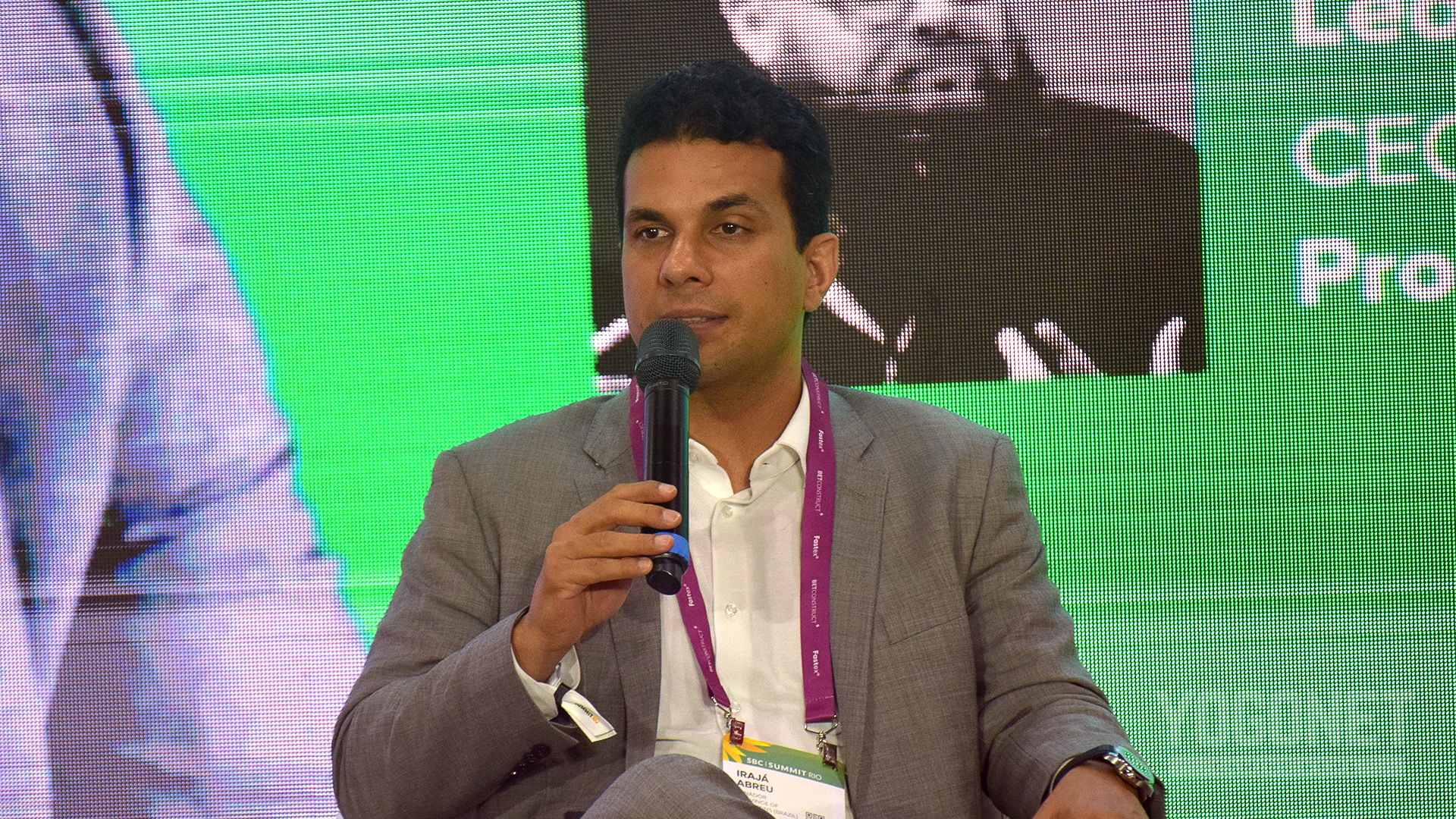"Cost of acquisition is the major challenge in the competitive US market"
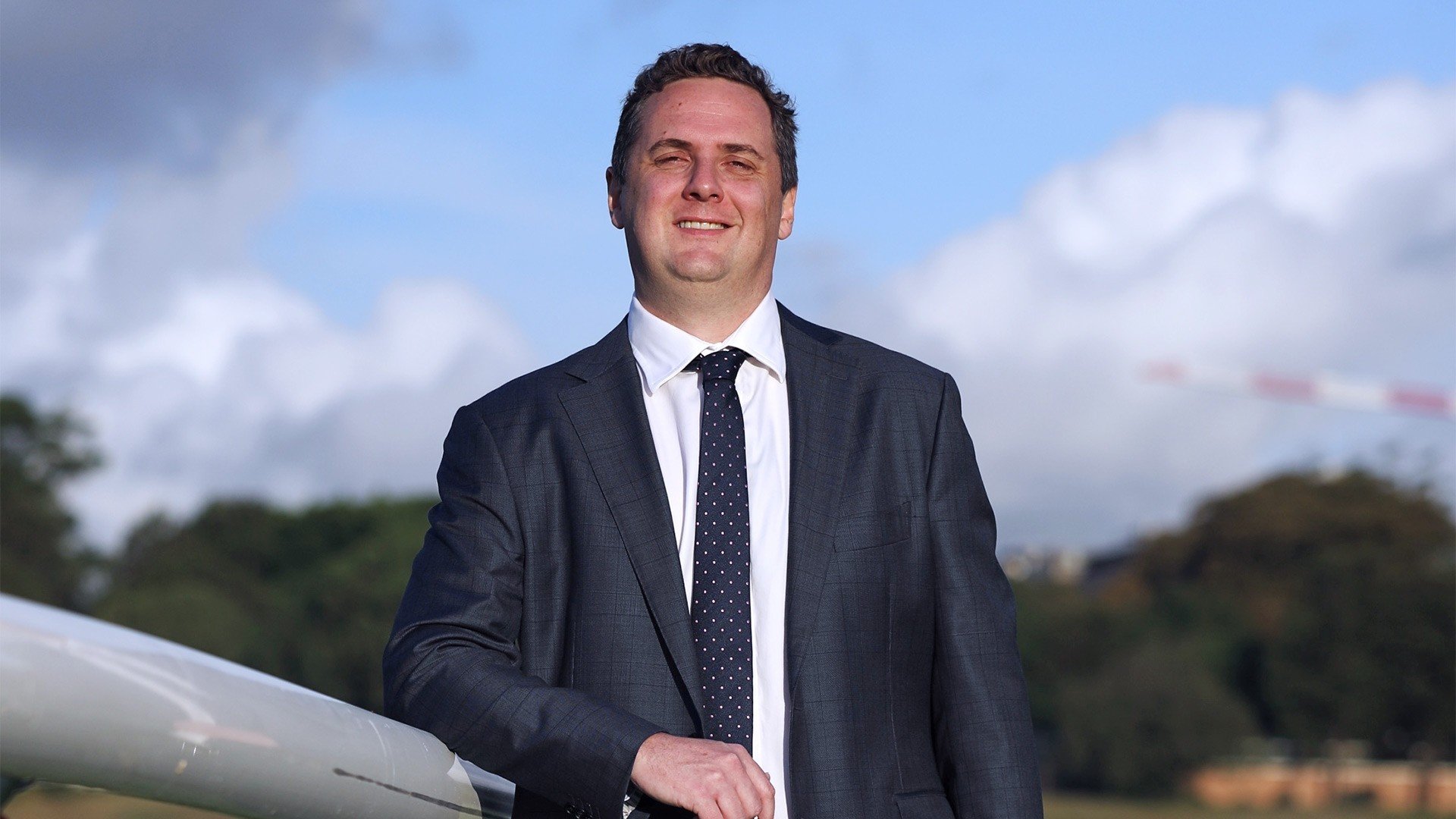
BlueBet plans to enter Arizona’s online sports betting with a 10-year deal with the Colorado River Indian Tribes (CRIT) and BlueWater Resort & Casino. Why have you chosen CRIT as a partner, and what do you expect this deal could bring to your business?
We believe in long-term partnerships and look for certain attributes in our partners to ensure this. In the Colorado River Indian Tribes and BlueWater Resort & Casino we found the openness and transparency we value as well as expertise and commitment and we look forward to establishing strong and successful connections with them. Our agreement with the CRIT will see BlueBet run the sportsbook operation with the tribe receiving a percentage of revenue plus a market access fee. If we are successful in obtaining a license, BlueBet will use our own brand and do all client acquisition. We will not rely on the tribe or BlueWater driving traffic our way.
In a press release, the company described Arizona as “an unpenetrated market with no existing operators.” What are your outlooks for this market, which already has 10 tribal applicants and 10 sports teams/organizations? What opportunities does it open for BlueBet entering this state?
Arizona hasn't previously had sports or fantasy betting which means there are no operators with an advantage in the state. There are no established online sports books, so everyone is starting from an equal position. Our technology and our platform are industry-best. They are very easy to use and, because we own our technology, we're able to adapt it according to the needs of our customers. We're very agile. We believe that whoever provides the best product in the market will be the operator who achieves the greatest market share so we think BlueBet will do very well in Arizona. It's a sports mad state with a huge number of sporting teams to support and a strong history of casino wagering and, if you consider that Arizona's population is more than twice that of Iowa where the sports wagering market recorded turnover of US$1.2bn last financial year, it's a fantastic opportunity.
BlueBet gained its first US market access in Iowa via a "skin" deal with Dubuque Racing Association's Q Casino. How would you assess your entry into the US sports betting market so far, and why have you chosen that particular state? What does the company expect from this state and partnership?
Our strategy in the US has been to target states where we think there is a clear path to profitability. These states have large populations of sport lovers and reasonable licensing and taxation costs which will enable us to grow our market share quickly and profitably. The sports wagering market turnover in Iowa was US$1.2bn last financial year and it's only in its infancy. We see it as the perfect entry point for our business in the US.

Other priority US states for entry have been found in Virginia, Colorado, Tennessee and Maryland. Which factors made you give priority to those states over others; what opportunities do these markets offer to BlueBet?
Each of these states bring their own opportunities. Like Iowa and Arizona, Virginia, Colorado and Maryland have large populations of sport lovers and reasonable licensing and taxation costs which will enable us to grow our market share quickly and profitably. Tennessee is a state with no casinos or retail sports betting, so it is a mobile centric jurisdiction we are looking at closely as a medium-term option. We are looking to enter those states under our own brand before leveraging our expertise in running a sportsbook as well as building outstanding technology platforms to forge bigger, long-term partnerships in other states.
BlueBet is already awaiting a decision on a pending license application in Virginia. What is the status of this application?
BlueBet entered our application in May and the Virginia State Lottery is still in the process of assessing all applications. We're expecting a decision in the next two weeks.

What differences does BlueBet find between the Australian and the US market, and how will its operations and strategies adapt to this new environment, with so many different regulations and player profiles, on a state-by-state basis?
The major differences between are based around the age of the market. Australia's online wagering market has been developing for the last 20 years while it's only been legal in the US for the last three years. This has meant that, in Australia, we've learnt to operate in a highly regulated industry and, most importantly, to provide what punters, who have lots of options, want in terms of product and technology. We are also very experienced in multi-jurisdictional markets as Australia has different cost bases for each state and that expertise, we believe, will be crucial in entering the US market.
Based on your previous experiences and the new landscape brought by the pandemic, what are your resources and strategies to be competitive in this fast-growing US market and stand out from major US operators? What innovations does BlueBet plan to bring to the US market and what role could partnerships play?
Our strategy is very heavily focused on producing the best possible product for our customers. Our technology and our platform are industry-best and we are working on a number of localized products internally and through third party providers to ensure they remain industry-best. As I said earlier, we believe that whoever provides the best product in the market will be the operator who achieves the greatest market share. Our long-term strategy is to focus on establishing partnerships with US entities who have strong existing brands and databases as this will help significantly with cost of acquisition which is the major challenge in the competitive US market. While Australia and the US are our main focus at the moment, we are always looking for opportunities. Canada and Ontario in particular is certainly an area of interest at the moment for us.


